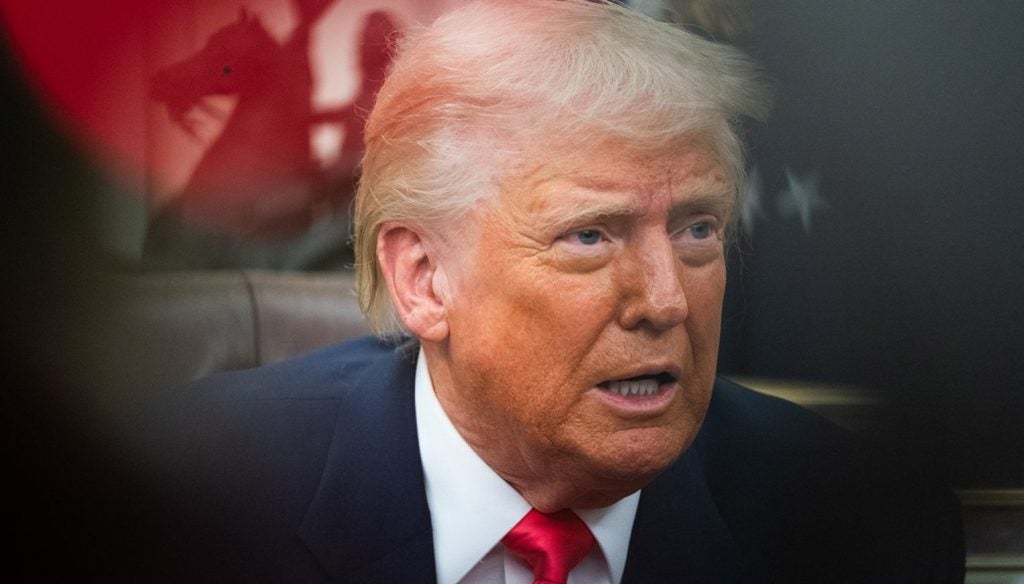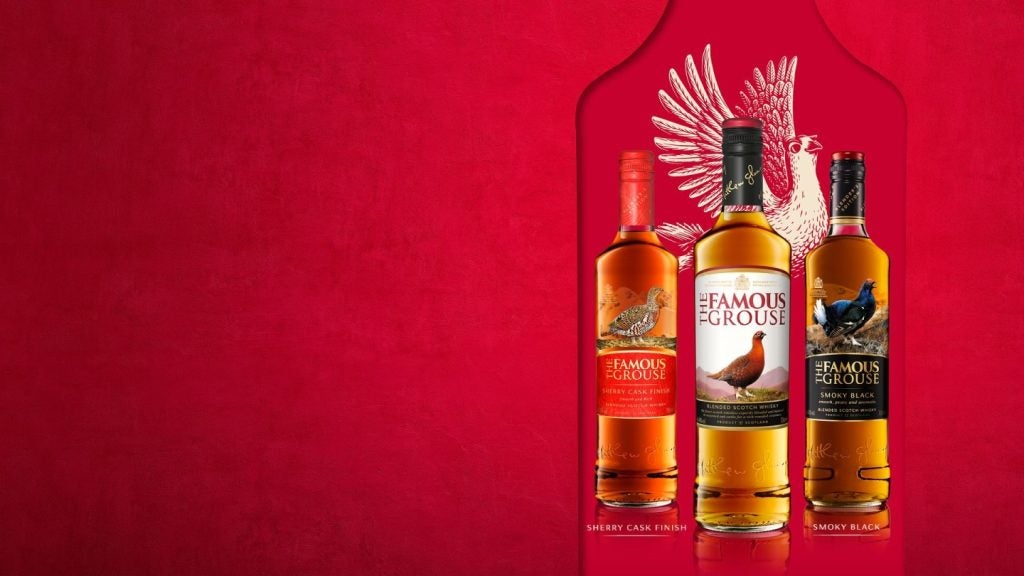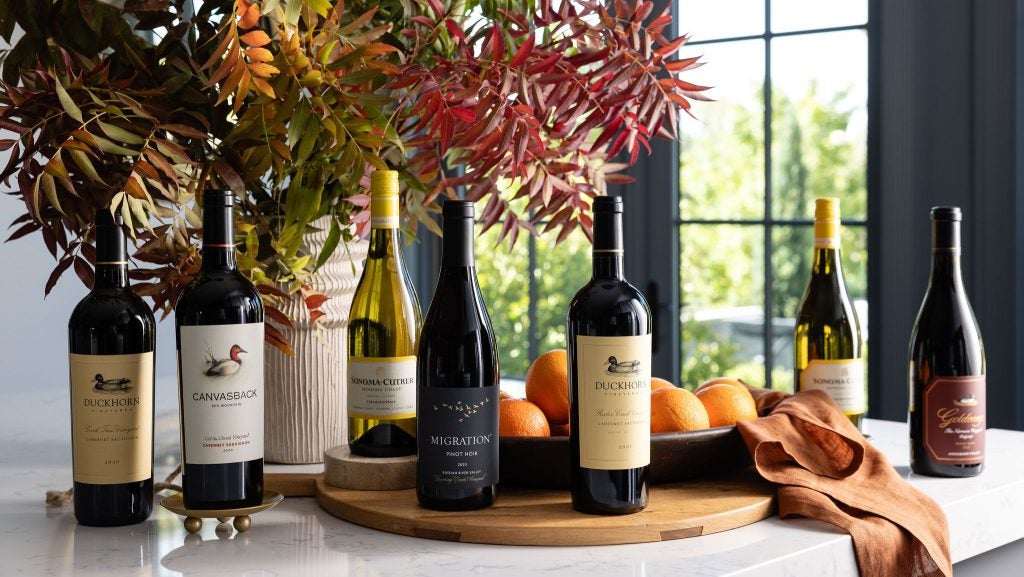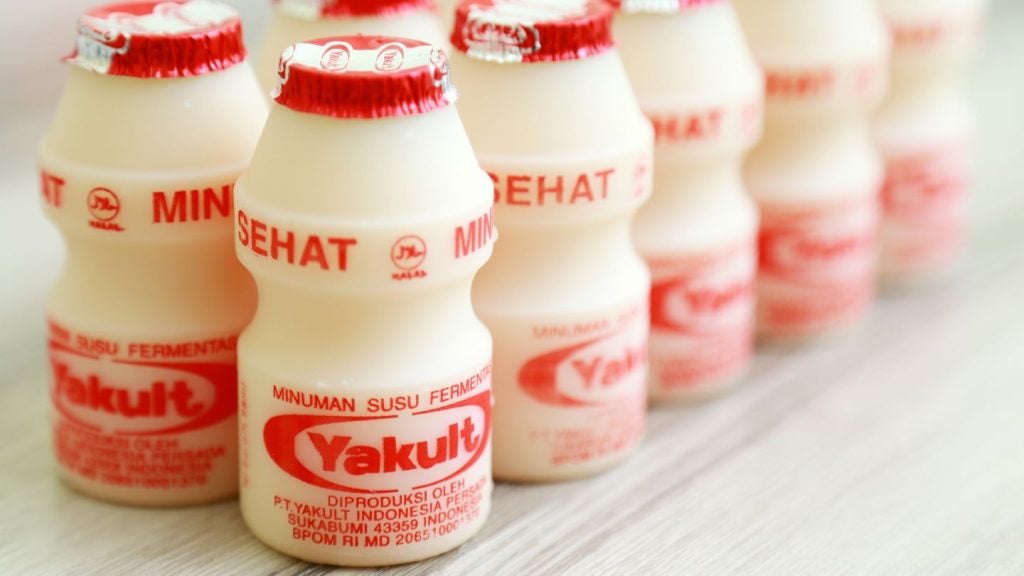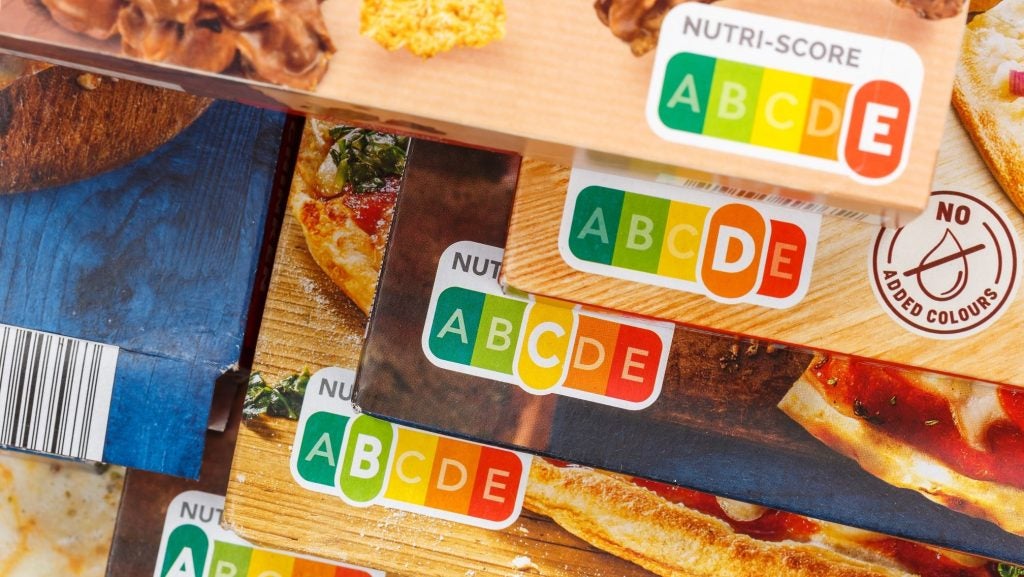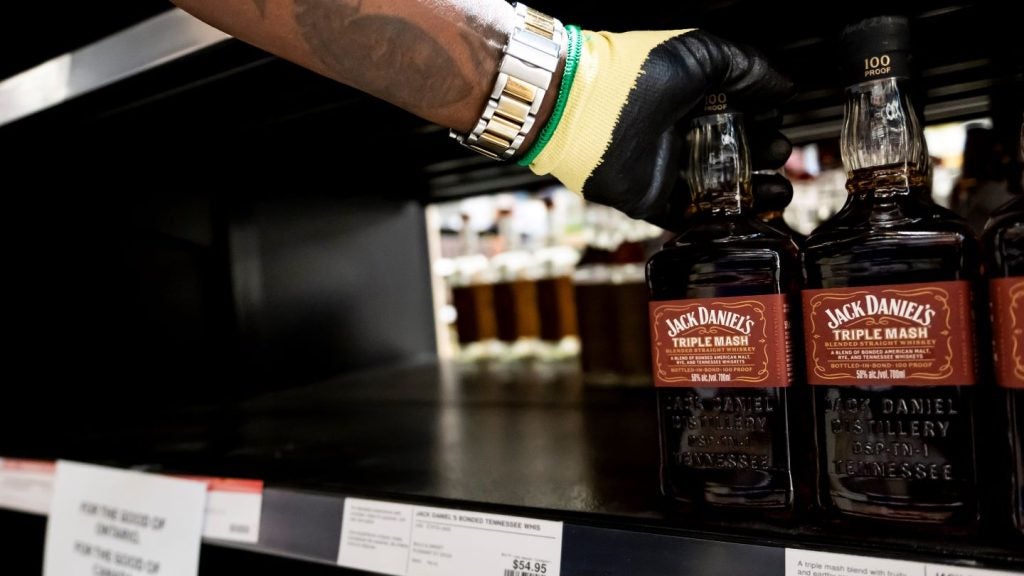President Trump has announced another change to his tariff measures, pausing the levies on certain goods entering the US from Canada and Mexico.
The US President has suspended tariffs on goods covered under the three countries’ USMCA trade deal.
On Tuesday (7 March), Washington imposed its planned 25% tariff on imports from Canada and Mexico, lined up by Trump upon taking office, when he cited concerns over immigration and the imports of fentanyl into the US.
Trump had already paused the plans once after talks with Canadian Prime Minister Justin Trudeau and Mexico President Claudia Sheinbaum, though he said the suspension would elapse on 4 March.
The introduction of the US tariffs sparked retaliatory measures from Canada, which introduced an immediate 25% tariff on goods including peanut butter and alcohol and set out plans for another batch of products to be hit later. Sheinbaum responded by promising an announcement this weekend.
However, yesterday, the White House announced “adjustments” to the US tariffs.
The Trump administration said the move was “in recognition of the structure of the automotive supply chain that strives to bring production into America”.
However, the changes take in all products covered by the United States-Mexico-Canada Agreement, or USMCA, trade deal, including food and beverages.
The suspension lasts until 2 April. In response, Canada “will not proceed” with the second tranche of tariffs it had lined up, Finance Minister Dominic LeBlanc said on X.
Earlier in the day, Trump posted on Truth Social to say he had reached an agreement with Mexico to pause the US tariffs on USMCA-compliant goods from the country but made no mention of Canada.
The statement from the White House confirmed the suspension covered USMCA products from north of the border.
A 25% US tariff still applies on goods that do not meet rules-of-origin criteria in the USMCA deal.
There are lower 10% tariffs on energy products from Canada – and on potash from Canada and Mexico – that fall outside USMCA.
In response to Trump’s post on Truth Social, Sheinbaum said: “As mentioned by President Trump, Mexico will not be required to pay tariffs on all those products within the USMCA. This agreement is until April 2, when the United States will announce reciprocal tariffs for all countries.”
An unnamed White House official was quoted by multiple media outlets as saying around 62% of imports from Canada and 50% from Mexico are not covered by the suspension.
In beverage alcohol, one clear consequence of the trade row between the US and Canada has been the moves by Canadian provinces to pull US-made products from their shelves.
Speaking to analysts on Wednesday, Brown-Forman president and CEO Lawson Whiting shared his frustration about the removal of US alcohol from Canadian stores.
“I mean, that’s worse than a tariff, because it’s literally taking your sales away,” Whiting said on a call to discuss the company’s latest results.
Chris Swonger, the president of US spirits trade body DISCUS, described Trump's latest move as "great news for the Canadian, Mexican and US distilled spirits industries".
He added: "Spirits produced in Canada, Mexico and the United States are all covered under USMCA. We are hopeful that constructive dialogues continue between the U.S., Canada and Mexico that permanently brings back zero for zero tariffs for spirits trade between our three countries."
Tuesday also saw the US impose another 10% tariff on China. Beijing responded by announcing it would introduce “additional tariffs” on a selection of US imports, with tariffs of both 15% and 10% being applied.
US goods subject to China’s 15% tariffs include fresh, chilled and preserved chicken products, wheat and corn.
The 10% tariffs will be applied to soybeans, beef and pork goods and a long list of fish and seafood.
Beijing’s tariffs on US goods are set to come into effect from 10 March, the country’s finance ministry said, although it noted that products leaving the US before that date and imported between 10 March and 12 April would not be subject to the levy.
China was already facing a 10% levy from the US, which it had also retaliated against by bringing in tariffs of 10% or 15% on US agricultural machinery, coal and gas imports in February.


